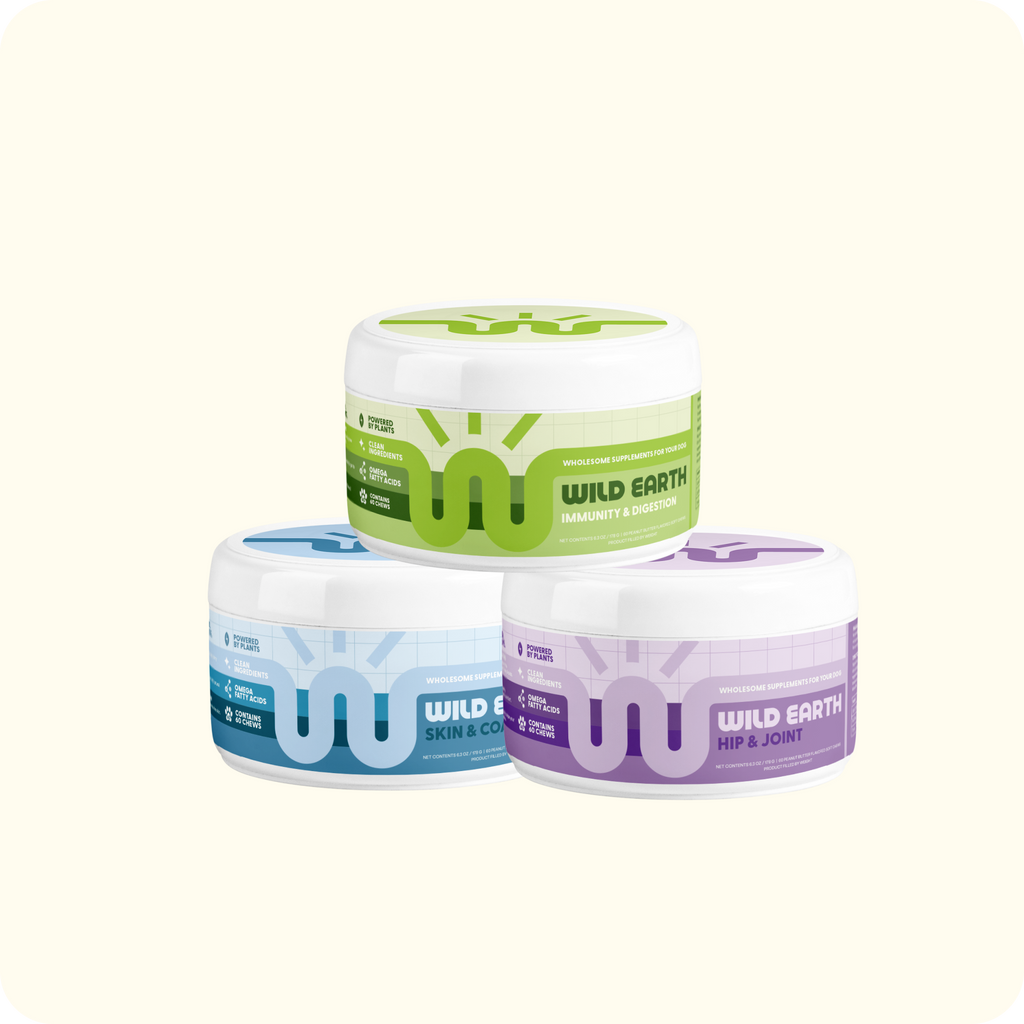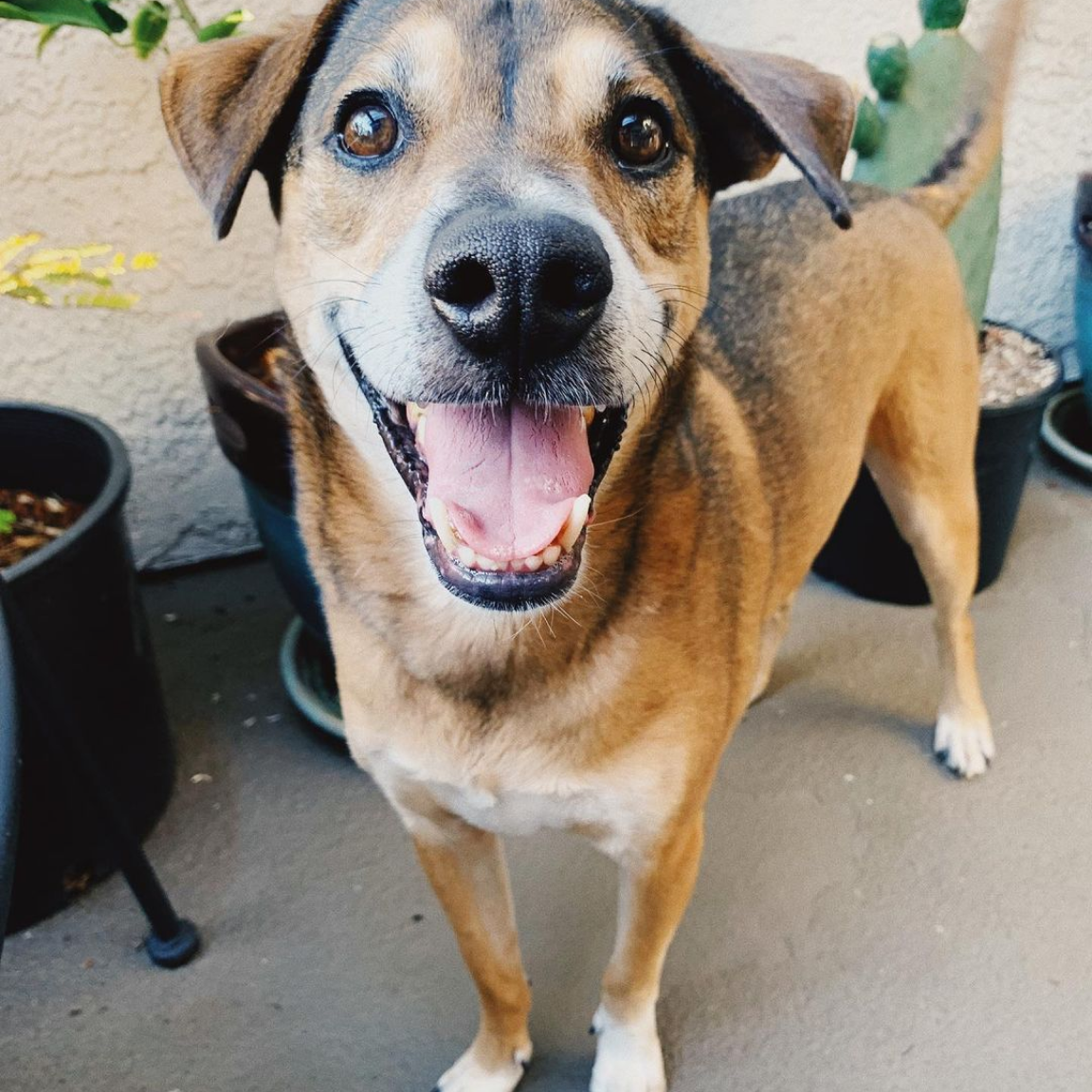
Can Dogs Eat Baking Soda? What Are The Risks?
Key Takeaways
-
Small amounts of baking soda (less than 1 teaspoon per 10 lbs of body weight) are generally safe, but large amounts can be toxic.
-
Baking soda poisoning can cause vomiting, diarrhea, tremors, seizures, and even death in severe cases.
-
Dogs with kidney disease, heart failure, or other health issues are at higher risk of complications.
-
If your dog eats a small amount, monitor for symptoms. If they eat a large amount, seek veterinary care immediately.
-
Store baking soda safely and avoid using it as a home remedy without consulting a vet.
-
Baking soda has safe external uses, such as deodorizing bedding, cleaning pet stains, and grooming but it should never be ingested in large amounts.
Baking soda is a common household item used for cooking, cleaning, and even home remedies. But as a dog owner, you might wonder: is baking soda safe for dogs? The answer depends on the amount consumed.
While small amounts of baking soda are generally safe for dogs, large quantities can be toxic and even life-threatening. Ingesting too much can lead to vomiting, diarrhea, and severe electrolyte imbalances. Understanding the risks, safe limits, and precautions is essential to keeping your furry friend safe.
Baking soda can be very dangerous for dogs. While a dog may not need medication if they ate baking soda by mistake once, do not let them eat any more of this material because severe dehydration could occur.
The best thing that you can do is call your vet right away so that they can start treatment immediately. They will likely induce vomiting with hydrogen peroxide at first before administering an anti-emetic like apomorphine hydrochloride (brand name Immobilon) or chlorpromazine maleate (trade names Aptrol and Thorazine).
What is Baking Soda?
Baking soda can be found in your kitchen cabinet and can also easily be purchased at the grocery store. It is used in a wide variety of different creations, it can be used to add the leavening powder to baked goods, as an odor absorber or deodorizer, and can even be used for cleaning purposes. With all of these uses, it would seem that baking soda may not present any dangers if ingested by pets who have access to food that has been treated with it but this is just not true.
Baking soda is a chemical made from sodium bicarbonate and can be found in your local grocery store. Baking soda can be used as a leavening agent, an antacid, or can also serve to remove stains by absorbing them. It can also help deodorize certain smells or freshen up clothing items that have been stored for too long.
What Are The Risks of Giving Your Dog Baking Soda?
The answer to this question is not straightforward. Baking soda can be dangerous for a dog because, while the substance itself isn't toxic and doesn't leach any acids or other contaminants into their system as salt does, there are potential side effects that may occur if they consume too much of it. The most common effect is stomach upset which can lead to vomiting, diarrhea or even dehydration from loss of electrolytes. It's also possible certain breeds are more sensitive to these effects than others, so do your research before deciding whether you should provide them with some type of antacid relief (such as Pepcid AC) on an "as needed" basis.
A risky thing to do is give your dog a large amount of baking soda. The idea that giving your pet this type of ingredient can cause them harm may come from the fact that it can be an ingredient in chemical cleaners and other home products, which can be dangerous for humans if consumed in high quantities. If you observe any signs of distress or pain after consuming baked goods made with baking powder (which contains sodium bicarbonate) call poison control immediately!
Does Baking Soda Have Health Benefits For Dogs?
Baking soda can be used to freshen your home, but can it also help keep dogs healthy too? While there are health benefits for humans that have been discovered through scientific research, the answer is not as clear when applied to pets. Baking soda may be a mild natural laxative that can relieve human stomach discomfort and gas pain. When ingested by animals, baking soda can cause vomiting or diarrhea; however, these effects do not seem to last long if the animal does not ingest more of the substance in question. It seems like an easy fix for bad breath problems because all you need is some water and mentholated mouthwash which will kill bacteria in order to remove any unwanted smells coming from their mouths!
In general, it is not recommended to feed your dog anything containing baking soda. Baking soda can be toxic for pets and may cause stomach upset or alkalosis in the blood. It can also cause urinary tract issues because of its high pH level which can irritate delicate tissues around the bladder and urethra.
What To Do If Your Dog Eats Baking Soda?
If your dog ate more than a couple of tablespoons, take him to the vet immediately. If your pup only had a few licks or tastes at the powder on its paws, you should still monitor his behavior closely over the next day for any signs of distress such as vomiting or diarrhea which could indicate he consumed too much, but most likely they will not need medical treatment.
The best way to prevent this from happening again is by storing all products containing sodium bicarbonate (baking sodas) out of reach and sight of your dog.
How Do Vets Treat Baking Soda Poisoning?
At the veterinary clinic, treatment may include:
-
Inducing vomiting (if the ingestion happened recently)
-
Administering IV fluids to correct dehydration and electrolyte imbalances
-
Giving anti-nausea medications to prevent further vomiting
-
Monitoring kidney and heart function to ensure no long-term damage
Prompt treatment is essential to prevent serious complications.
Precautions for Dog Owners
As a responsible pet owner, taking simple precautions can prevent accidental baking soda poisoning.
Proper Storage
Baking soda should always be kept out of reach of dogs. Store it in sealed containers in cabinets or high shelves to prevent curious pets from getting into it.
Avoid Regular Use
Do not use baking soda as a home remedy for indigestion, bad breath, or any other health issue without veterinary approval. While it may help neutralize stomach acid, excessive use can lead to serious health problems.
Monitor Homemade Treats
Many homemade dog treat recipes include baking soda as a leavening agent. While small amounts are safe, too much can be harmful. Always follow vet-approved recipes when making homemade dog treats.

Safe Uses of Baking Soda for Dogs
While ingesting baking soda can be dangerous, it has several safe external uses for dogs.
Deodorizing Dog Bedding and Cleaning Pet Stains
Baking soda is a great natural deodorizer. Sprinkling a little baking soda on dog bedding, carpets, or furniture can help eliminate odors. Just be sure to vacuum it up so your dog doesn’t ingest it.
Natural Flea Repellent
Baking soda can be mixed with water to create a paste that repels fleas. However, it should never be applied directly to your dog’s skin without vet approval, as it can cause irritation.
Dog Grooming Uses
-
Exfoliating paws: A small amount of baking soda in warm water can help soothe and clean a dog’s paws after a walk.
-
Freshening coats: Some pet-safe dry shampoos contain a small amount of baking soda to absorb excess oil and odors.
Always rinse thoroughly after using baking soda on your dog’s fur or paws.
Conclusion
As pet owners, we always have to be mindful of what our furry friends are consuming. While baking soda may seem harmless, it can quickly turn dangerous in large amounts.
Keeping your dog’s safety in mind and choosing healthier, vet-approved alternatives will help ensure they stay happy and healthy. When in doubt, always ask your veterinarian before introducing any new substances into your pet’s routine.






































